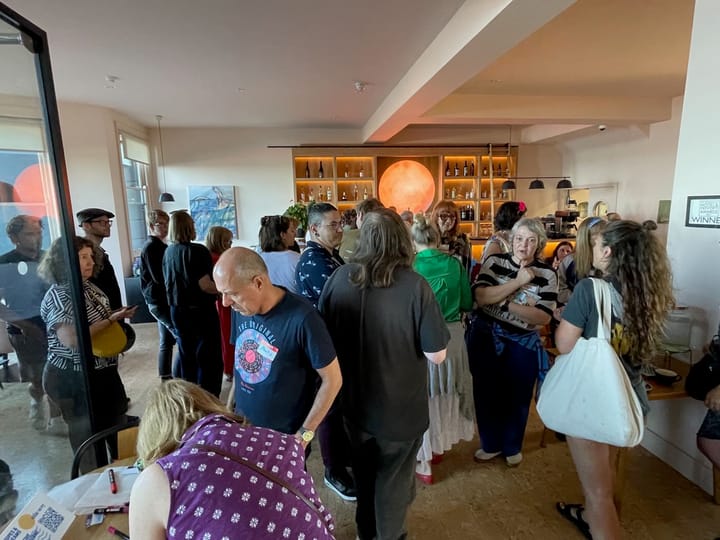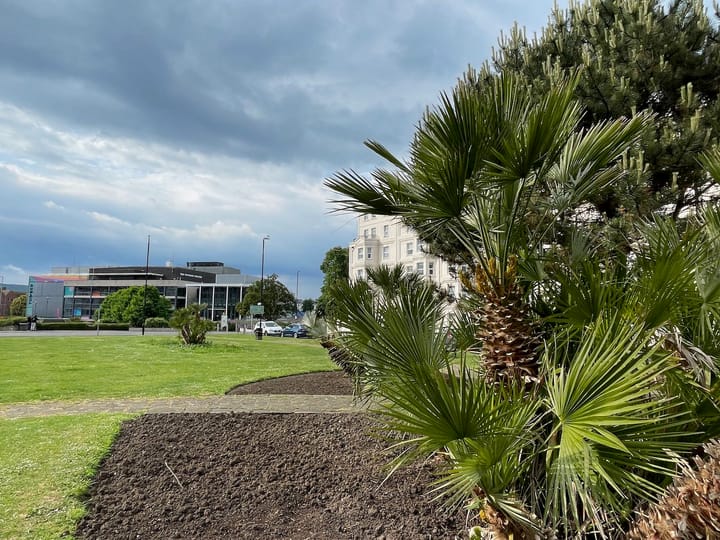How green are our general election candidates?
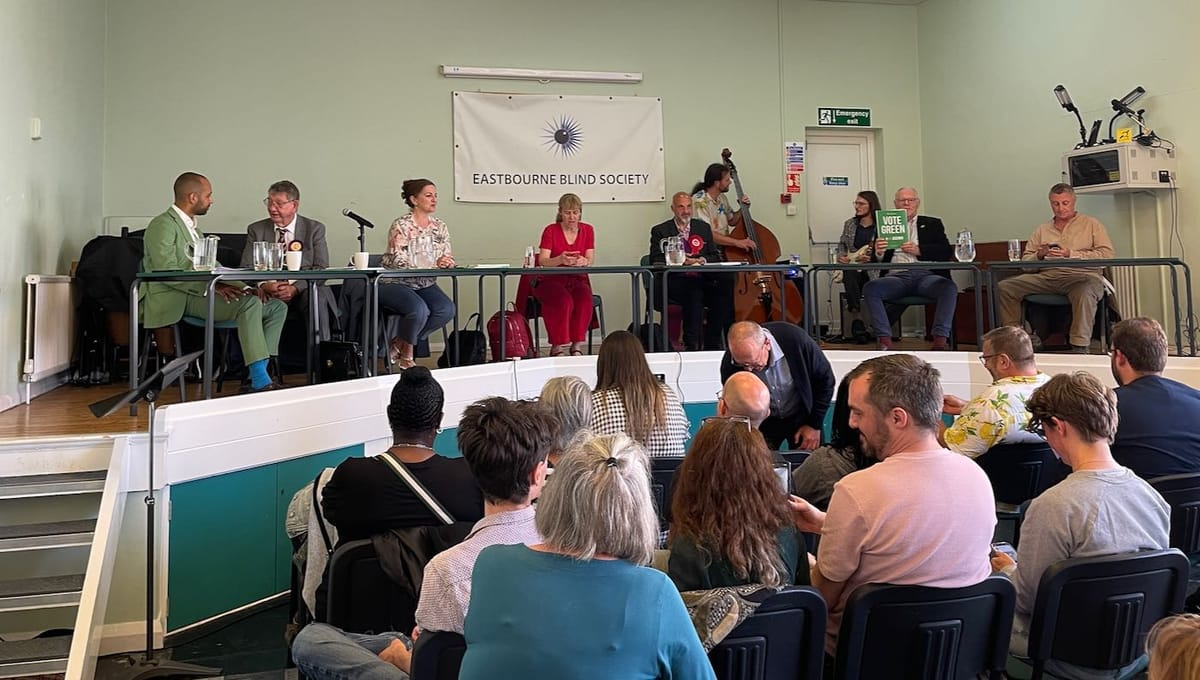
All six candidates in Eastbourne standing in the general election were put through their paces at an environmental hustings meeting in the town last night.
They answered questions on improving public transport, cycling and walking routes, on clean energy and on sea water quality.
Organiser Gem Aellah, chair of Bespoke Cycle Group, told the meeting at Eastbourne Blind Society in Longstone Road these were issues that affected the whole town.
She said: “This is not adversarial but we want to work together with whoever becomes our MP to be a critical friend. Our purpose is to make the wider community better.
“Whatever our views are about climate change, the one thing that you can agree on is that the air we breathe and water we swim in and we drink is important to all residents.”
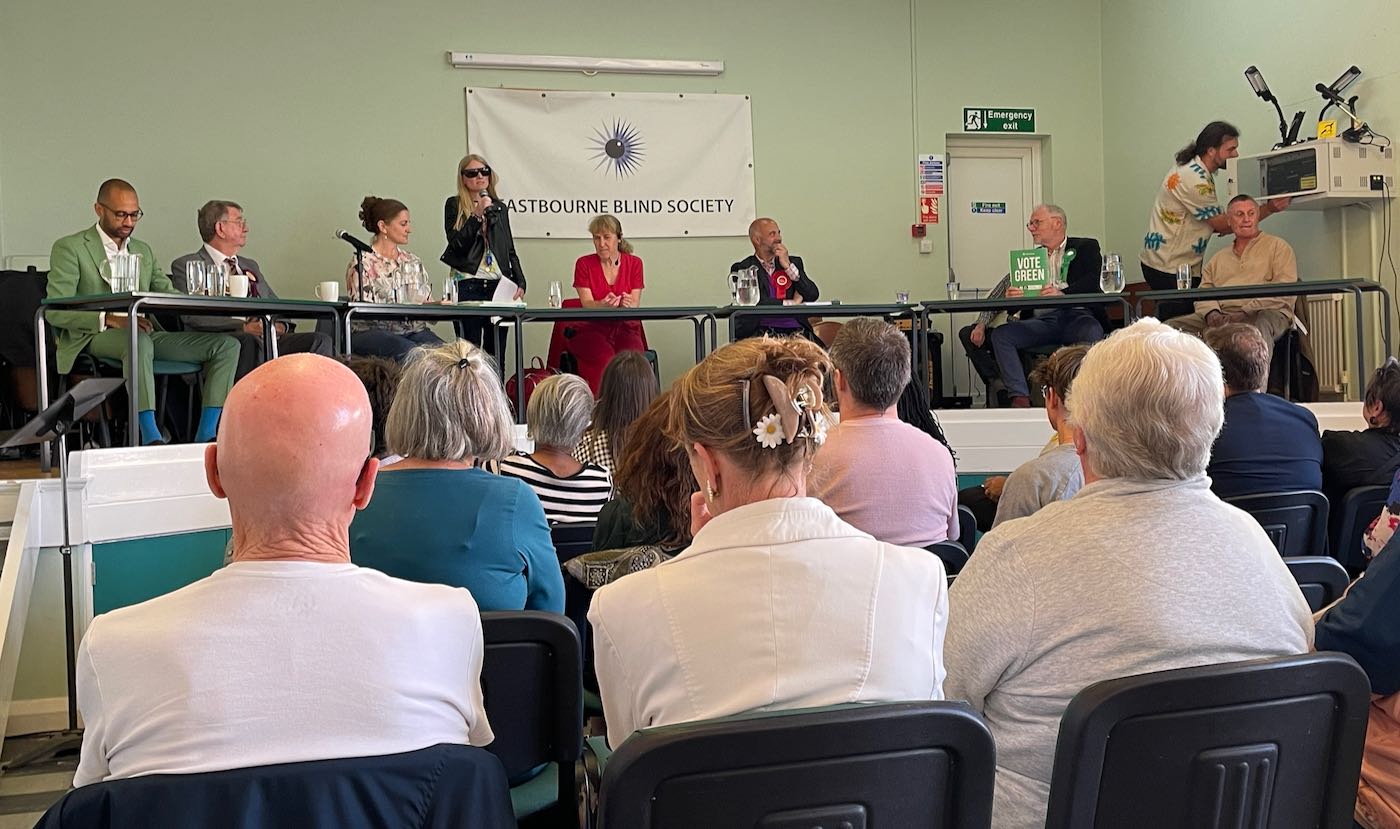
The six candidates answered three main questions submitted in advance. This report is a summary of what each told the meeting and the order in which they spoke.
The candidates are (in ballot paper order - alphabetical order by surname):
Caroline Ansell (Conservative)
Mark Ashdown (Reform UK)
Josh Babarinde (Liberal Democrat)
Ian Garbutt (UKIP)
Mike Munson (Green)
Paul Richards (Labour)
Q1: Eastbourne has the highest number of short car journeys in the south-east and is one of the worst towns for PM 2.5 particulate air pollution. How will you work on overcoming the local barriers to sustainable, affordable transport and active travel?
Information panel
The UK Government defines particulate matter (PM) here as everything in the air which is not a gas. Due to the small size of many PM particles, some of these toxins may enter the bloodstream and lodge in the heart, brain and other organs. Exposure to PM can result in serious impact to health, especially in the young, elderly, and those with respiratory problems.
A proportion of the concentrations of PM in the UK come from naturally occurring sources such as pollen and sea spray and some is transported to the UK from other European countries or international shipping.
However, around half of UK concentrations of PM comes from anthropogenic sources in the UK such as domestic wood burning and tyre and brake wear from vehicles.
Richards: Buses, cycling and walking should be united into an integrated, sustainable system. The town does not have that holistic view. There should be a joined-up approach but balanced with the needs of the economy.
Ansell: An MP can make the case for investment: some £40 million has gone to East Sussex County Council (ESCC) for bus services. It’s important to unblock the Seaside corridor which is pivotal to the town. Eastbourne is very car dependent and congestion is a real issue so we need to unlock more cycling and walking.
Ashdown: We should take up single and double yellow lines so people can park. I would make it much more user friendly for people to park. Electric vehicles could be used on shorter journeys.
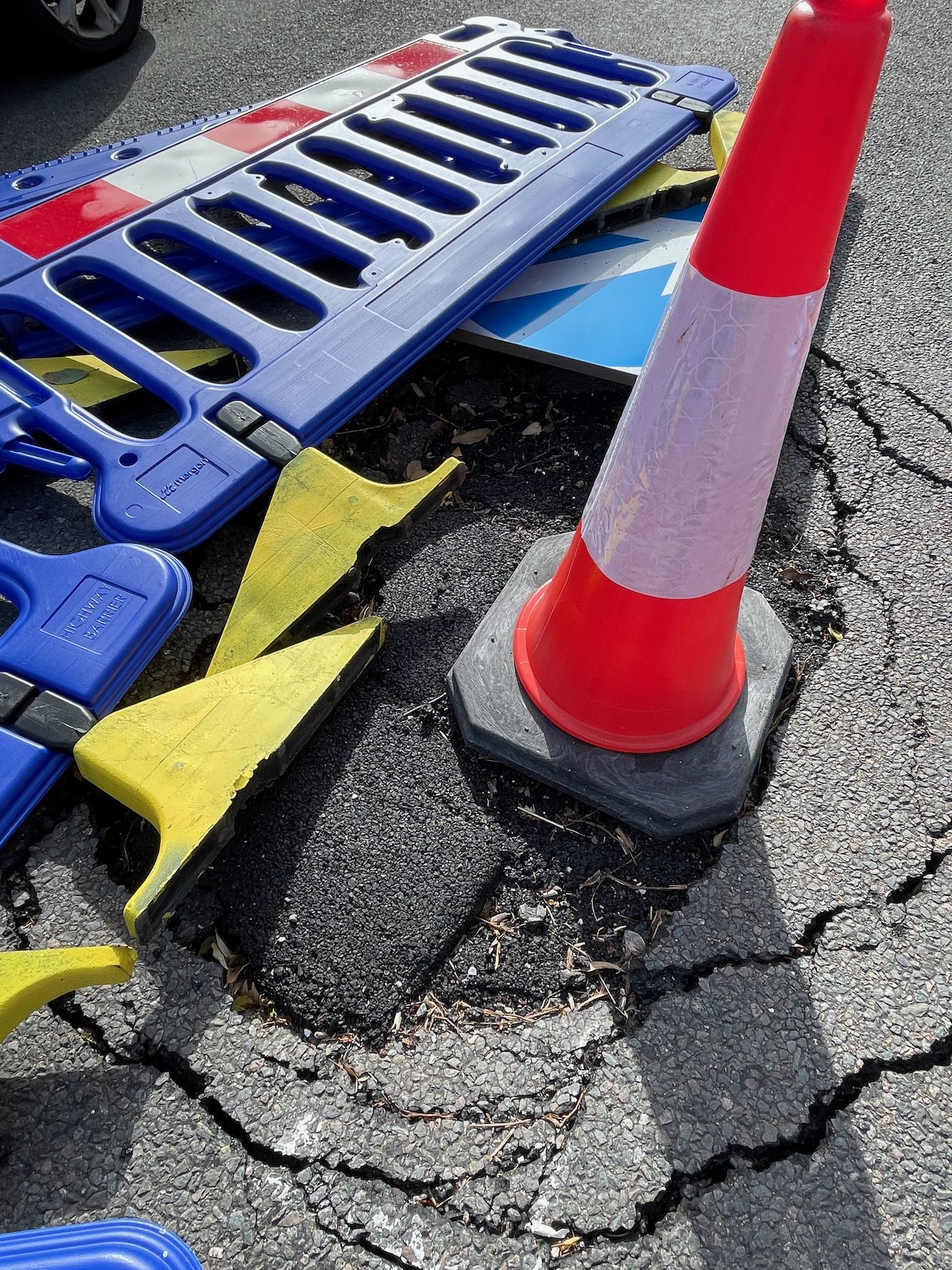
Babarinde: The cycling infrastructure in Eastbourne is very poor: it is not safe to cycle around the town. ESCC have lagged behind on investment in this. Potholes are a danger to all road users and we need the county council to take this seriously. Our train services are unreliable which has an impact on people’s travel and on investment so the government should sanction rail operators which are not delivering.
Garbutt: I used to cycle but I don’t feel safe on a bike any more. There are too many cars and potholes. I drove along the seafront behind a bus with nobody on it but it was belching out smoke, causing more pollution than compliant cars.
Munson: One quarter of carbon emissions are due to transport. More attention should be paid to the 20% of Eastbourne households who do not own a car. We need to invest in cycling and walking routes. There should be a £1 fare for anywhere in Eastbourne and free travel for under 18s. Buses should have priority and be the quicker option for travel.
Q2: What solutions do you propose to increase the number of solar panels and other renewables in the town?
Garbutt: I wouldn’t. What good are solar panels in the winter? I have had them on my roof since 2014 and encourage all who can to have them on their homes. But solar farms are a complete waste of money.
Munson: The energy sector should be under community ownership. All new homes should have solar panels. The Greens would cancel all fossil fuel licences and phase out nuclear power.
Babarinde: We need a revolution in rooftop solar power. A solar farm should be based on conditions that the power is used for social housing stock, it creates local jobs and the wealth generated is reinvested in Eastbourne.
Ashdown: It’s very important to use rooftops for solar generation but there should not be solar panels on the land.
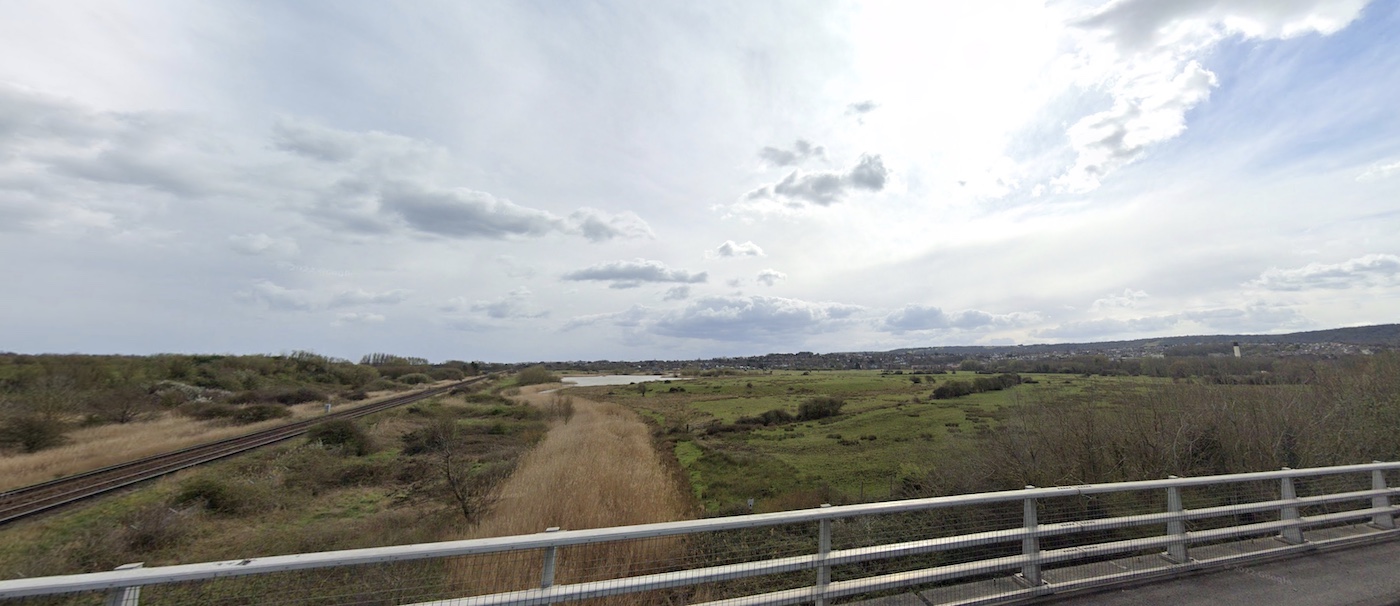
Ansell: There is local buy-in for the solar farm although we must protect the best agricultural land. The hospital received a £26 million de-carbonisation grant: solar panels on the roof of the staff car park and heat pumps now produce 50% of the hospital’s power needs.
Richards: Labour’s plan for Great British Energy, a publicly-owned clean energy company, is a genuine prospect to unleash the incredible power of solar energy. See if you want to wake up with this on July 5.
Q3. What needs to be done so Eastbourne has clean and safe beaches, seas and rivers?
Munson: We would have the Rights of Nature Act to restore soil health and prevent agricultural run-off. We would protect the Green Belt and SSSIs (Sites of Special Scientific Interest). By 2030, 30% of the land and seas would have the highest levels of protection compared with 5% now. Water privatisation has been an unmitigated disaster: it needs to be brought back into public hands.
Ansell: The Environment Act [aimed at measures such as improving air and water quality, tackling waste, and improving biodiversity] is a world-class piece of legislation that Labour said it would enact if in power. We have moved monitoring water quality in Eastbourne from 7% to 100%. There is new legislation with tough measures and binding targets. Our water quality is ‘good’. The sea is our number one asset. Slowing and stopping surface water into the combined Victorian sewer will prevent that rush into the system and overflow.
Babarinde: We are blessed to have 94 beaches. We need to clamp down on water companies: we are calling for a ban on executive bonuses, further criminal prosecutions and sanctions for the worst culprits, a tax to force them to pay for the damage they have delivered and we would force them to invest in the capacity required. They should be restructured as public benefit companies with a responsiblity to serve their communities as well as their shareholders.
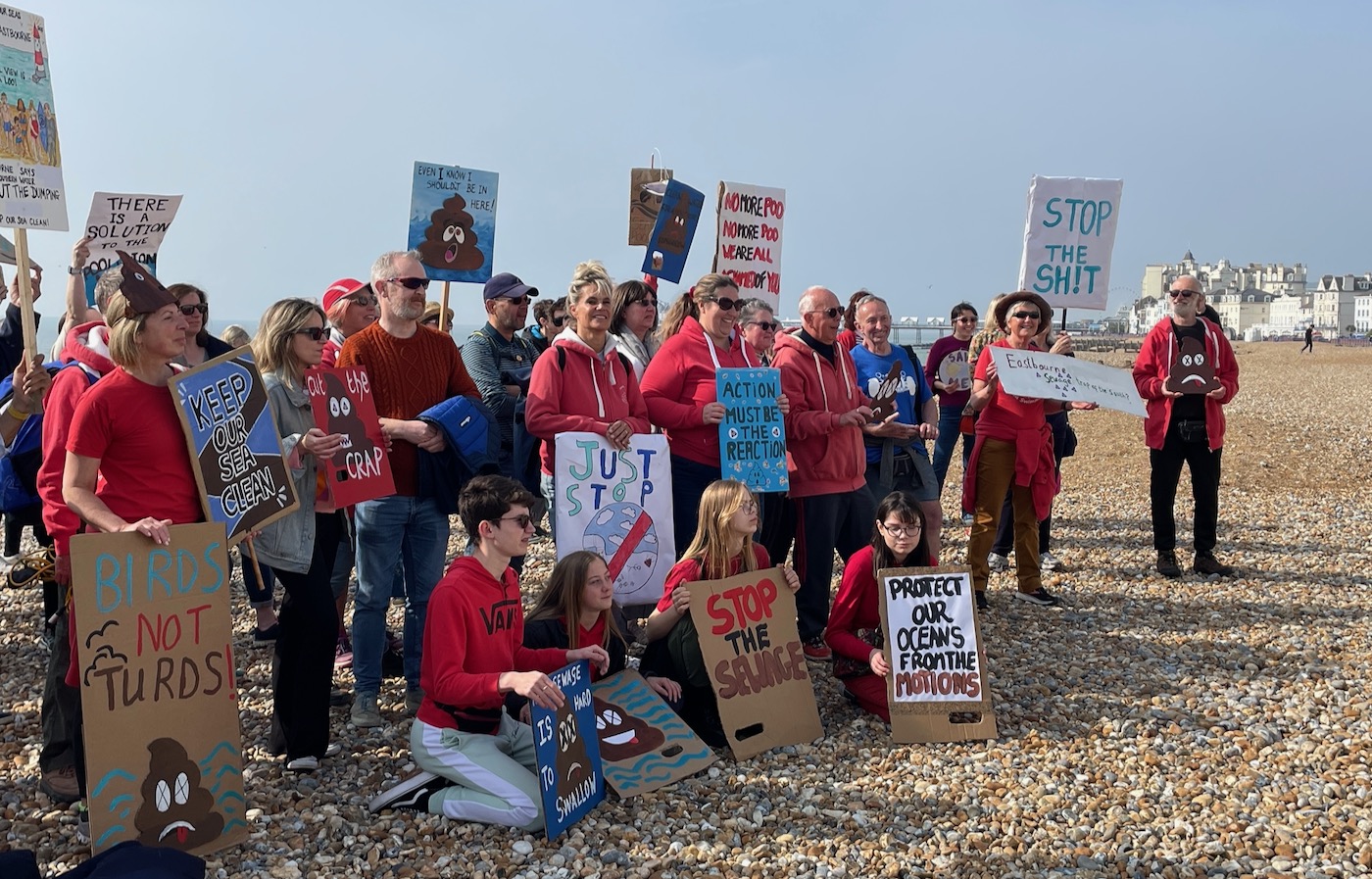
Richards: I recently met [water quality campaigner] Feargal Sharkey and he said you could turn these companies around. They should be fined for failure and there should be convictions for breaking the law.
Ashdown: These are badly implemented services with no consequences for their ineffectiveness.
Garbutt: Ofwat [the water industry regulator] is powerless. Fines are merely a few thousand pounds and that cost is going on our bills and bonuses to directors. We would ban any dividends and directors’ bonuses until 12 months have passed when they haven’t discharged sewage.
Extra questions, which candidates could choose whether to answer, included:
Q. Stagecoach correctly identified that a failure to commit to bus infrastructure, such as a Seaside bus lane, would result in no central funding for zero emission buses across the county, in contrast to all our neighbours. Are you concerned that neighbouring areas will increasingly transfer their older, more polluting and less reliable buses here?
Babarinde: We need to bring local communities along with us – I don’t think the Government should have punished our town for it [the rejection of the bus lane plan in its original format by some residents and businesses in Seaside].
Munson: It needed more community involvement. We will get old buses polluting our air.
Ansell: An ESCC consultation is still live on the subject. We need to find a scheme to satisfy residents and businesses.
Q. Eastbourne is one of the very few towns in the south-east that does not have a seafront cycle path. What do you propose to do about this?
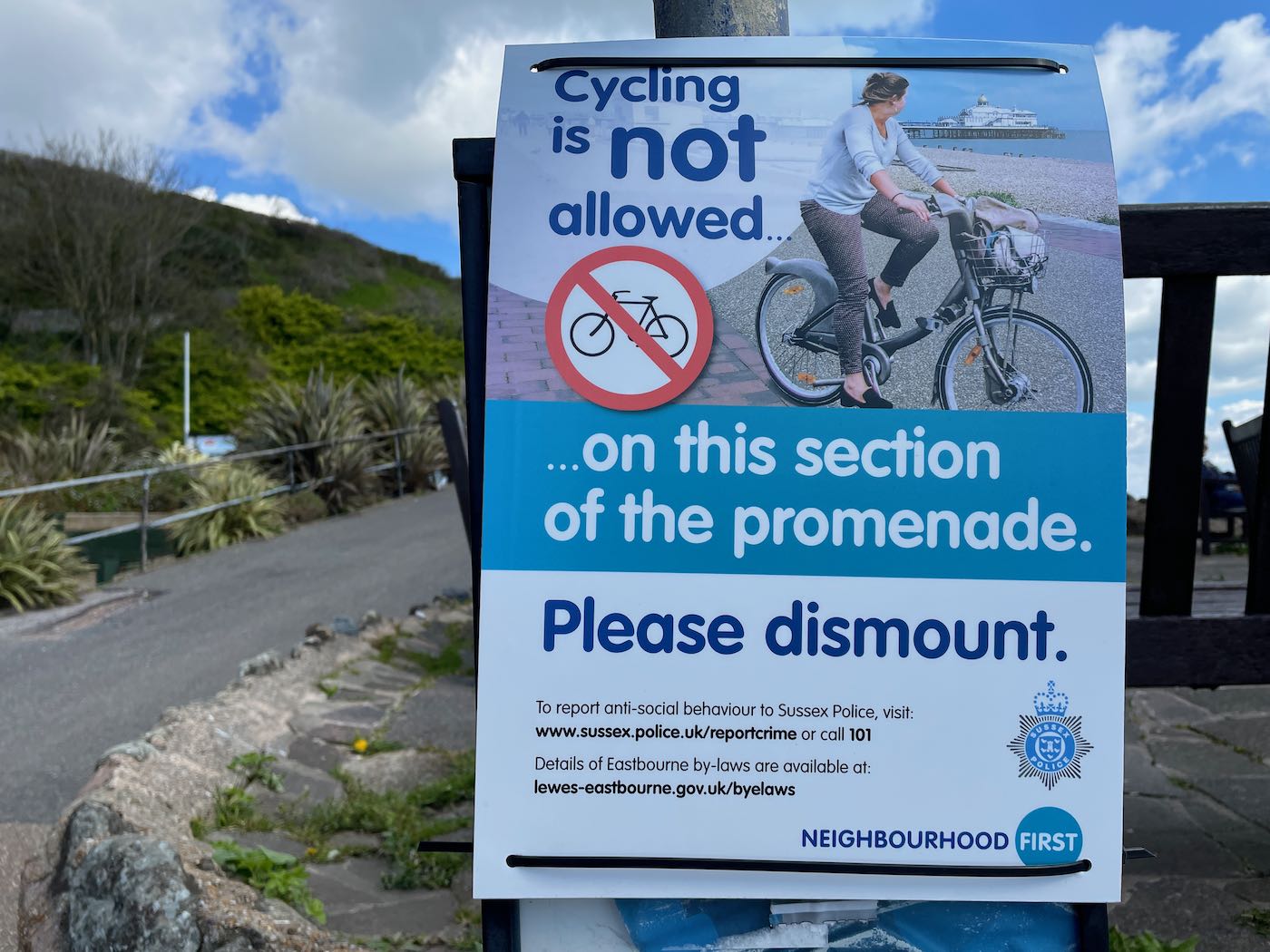
Babarinde: There are pinch points on the seafront, but I am absolutely convinced that by bringing together cyclists, businesses and residents this can be resolved. The Dotto road train is a vehicle which runs alongside people on foot so I am convinced a shared route would work with cyclists too. [Read the first of Eastbourne Reporter's three-part deep dive into this issue here]
Independent news outlets like ours – a non-profit organisation reporting for the community – are under threat of closure, turning British towns into news deserts.
If our coverage helps you understand our community a little bit better, consider supporting us with a monthly donation. I was the only reporter there last night - the local newspaper does not cover this type of event any more.
Choose the news. Don’t lose the news. [kofi]
